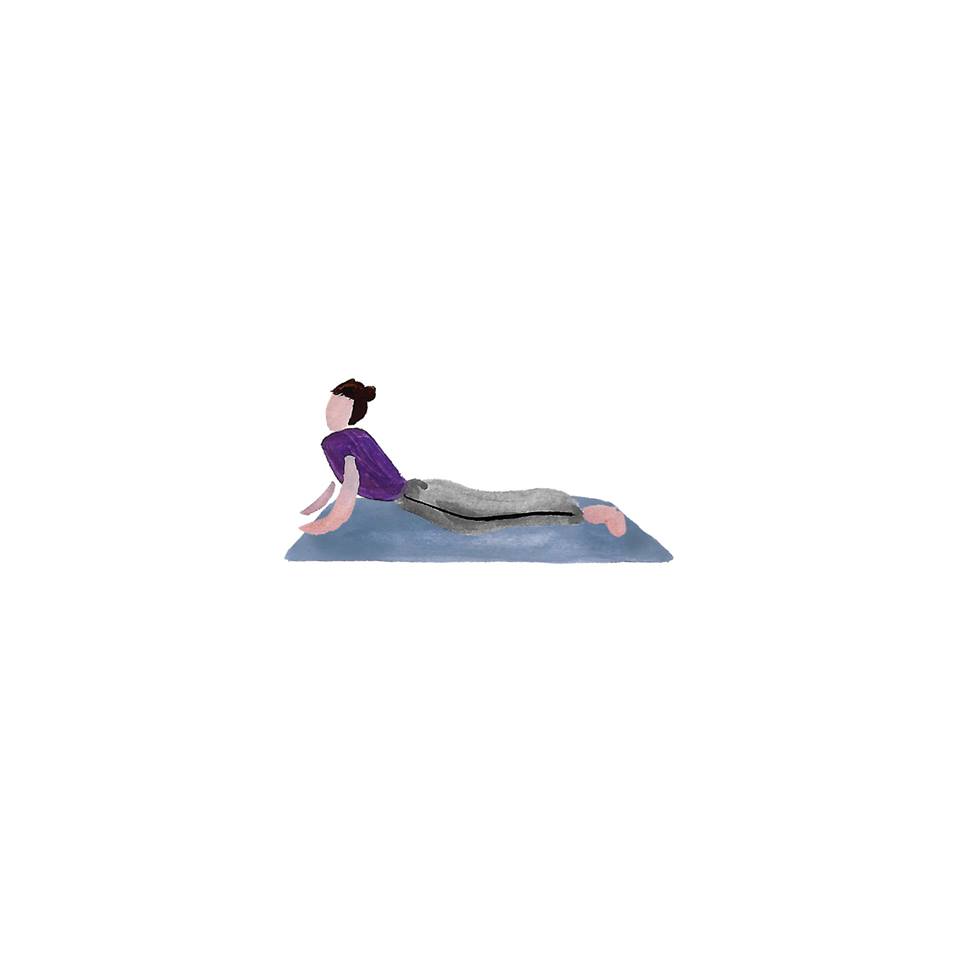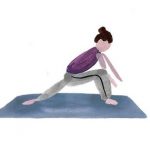This month I am continuing with the moral and ethical guidelines (Yamas and Niyamas) yogis follow from Patanjali’s Yoga Sutras. We looked at Ahimsa in December, which means to treat yourself and all living things with compassion and kindness. Last month I explored Svadhyaya which is self-study, so looking inwards.
This month I wanted to bring to your attention one of the Yamas, Satya, which is honesty. It means honesty in all communication whether that’s speech, writing, gesture or action. To practice Satya we need to be honest with ourselves first. We shouldn’t define ourselves by our thoughts and how we feel, but rather how we actually are. Our thoughts and emotions can mask the reality and truth of our own lives.
In a practical way on our yoga mat it’s about not pushing yourself too far. It’s unusual to have students in a yoga class that have all been practicing yoga for the same amount of time regularly. It is also worth remembering that everyone’s skeleton is slightly different so something your neighbour in the class struggles with is something you may find easy. With this in mind it’s about not going into the full pose and practicing the version of it that it is best suited to you in that moment. It’s about what your body needs that day in that present moment. We need to be honest with ourselves about what we need and not confuse it with what we want and what we want to achieve. Yoga should help the body as well as the mind, it’s not a practice that should harm joints and ligaments. It’s about removing our egos and be truthful with ourselves.

In everyday life it’s knowing that actually sometimes you need to say no. It’s ok to say no. Maybe it would be lovely to meet friends for a drink or a coffee but actually what you need is quiet time and cup of tea curled up on your sofa. However, it’s also thinking ahead and not promising things you can’t deliver. Saying no is something I personally struggle with. It was a focus for me last year as I have a tendency to say yes to too much and then feel overwhelmed. It was about being honest with myself about the time I actually had and what I really could help with.
Secondly it’s about honesty with others. This means taking into consideration what we say, how we say it and how it may affect the person we are speaking to. If telling the truth is going to be hurtful or harmful then it may be better not to say anything at all. However there may be times where telling the truth is going to be hurtful but it is necessary and in these instances, we must choose our words carefully. It’s a balance between Ahimsa (kindness) and Satya (honesty). We must first and foremost be kind and thoughtful; there are kind ways of telling the truth.
Words can harm, frighten, scold, degrade and patronise. In some instances it’s about stopping and taking a moment, a breath and acknowledging your feelings and how they are affecting you and what you are about to say. In my yoga journey this is something I have to practice every day with my children and not always successfully! When my three boys are testing me to the limits whether it’s their volume, squabbling or ingratitude I know I always get a better outcome when I have taken that breath and talked through it with them. However I am absolutely aware that this is not always the case and my feelings of frustration, irritation and anger can overwhelm me and ahimsa goes out the window.
There’s a story about a sage who was known for his integrity and truthfulness. One day a man ran past him carrying something precious and disappeared into a cave. A few moments later a group of robbers came by looking for the man. Knowing that the sage would not lie they asked him where the man had gone. The sage immediately told them sticking to his vow of telling the truth. The robbers headed to the cave, killed the man and stole his precious goods. The sage had been instrumental in the man’s death so his truthfulness (stay) had not been kind (ahimsa) it had caused harm (himsa). So it would have been netter for the sage to say nothing as he would not have broken his vow to be truthful and in turn would have saved the man.
With this in mind three questions to ask yourself are:
- Is it true?
- Is it kind?
- Is it necessary?
Shiri Yogendraji, the founder of The Yoga Institute in Mumbai said, “It is easier to speak the truth than to fabricate a lie”.


